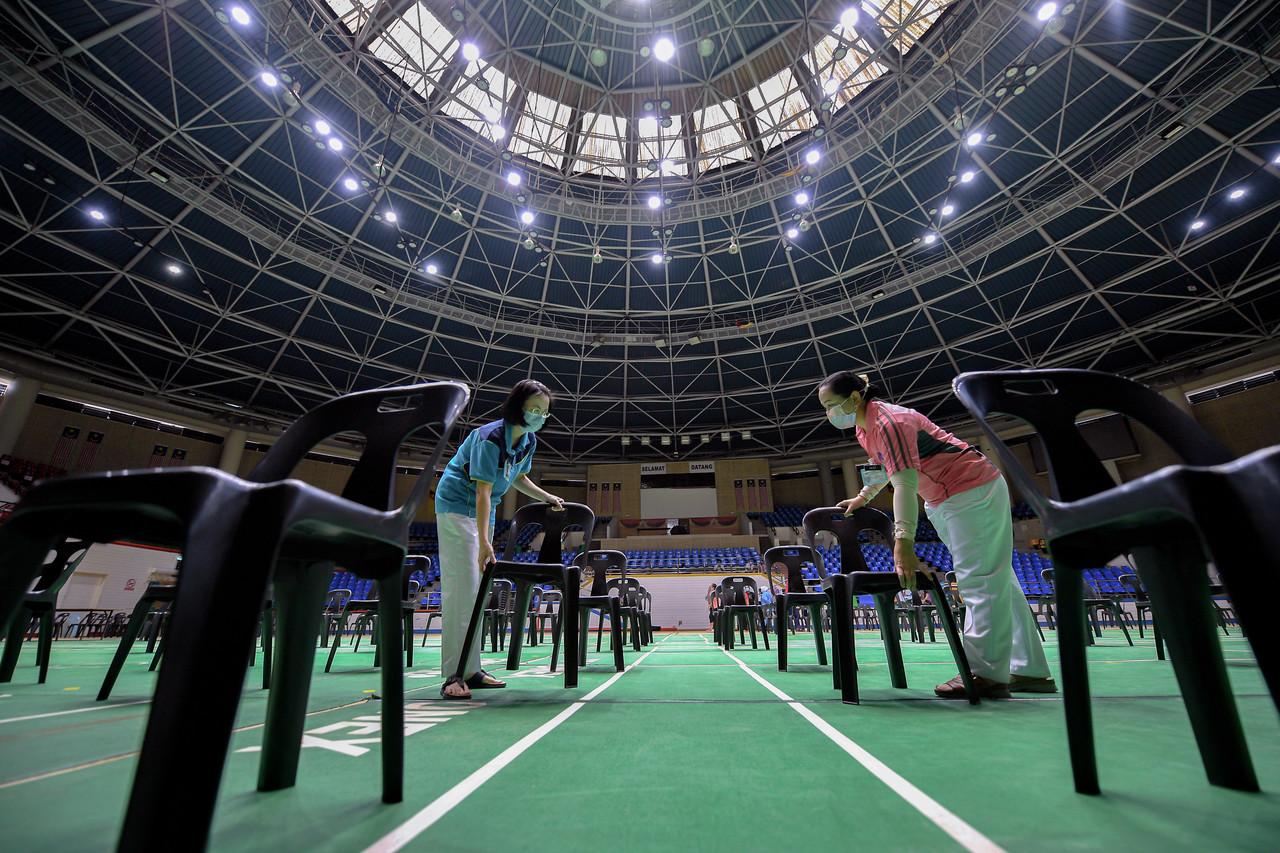Sarawak in bid to tackle unique challenges in vaccination rollout
Sarawak Deputy Chief Minister Douglas Uggah Embas says the state might not be able to follow the method of vaccinating people in stages.
Just In
Sarawak Deputy Chief Minister Douglas Uggah Embas says the state government is taking steps to address the particular challenges faced in vaccinating Sarawakians, adding that authorities may not be able to follow the programme currently underway in the peninsula.
Speaking at a press conference in Kuching today, he said only 28% of senior citizens targeted for the second phase have registered for vaccination so far.
“We cannot just depend on the MySejahtera app for our people to register because there will be a lot of complications for us in Sarawak,” he said.
“This is why we feel that we need to do it our own way, to get our people vaccinated – especially in the interior.”
He said the state would suggest to authorities in Kuala Lumpur that it might not be possible to vaccinate people in phases.
“For example it will be difficult for us to look for the Penan in the interior because the majority of people there do not have handphones,” he said.
Instead, he said, Sarawak intends to vaccinate all categories of people in rural areas at the same time so that health officers will be able to mobilise their teams to administer the jabs in remote areas.
He said this approach would be more effective as it would not require the teams to return to the same place to vaccinate people again according to categories and phases.
“As we move into the interior, this issue will become more and more serious because the communication lines are not very good there,” he said.
“For those who do not have handphones, district officers will register them manually, and they will key in the registration using the district office phone number as their contact number.”
He referred to an incident in Sibu on April 19 in which 72 recipients did not show up for their vaccination appointments.
“We could not reach them because they could not be contacted,” he said.
He said another problem lies in recipients’ use of the address on their ICs as this might differ from the address at which the live.
“For example, the address in my IC is my longhouse address in Betong, but now I stay in Kuching. So if we use MySejahtera, the system will follow the address in my IC and I might be pushed to Betong.”
Uggah, who is chairman of the state’s disaster management committee, nonetheless urged Sarawakians to register for the Covid-19 vaccination programme.
“I urge everyone to register for vaccination and to take care of ourselves by strictly following the SOPs.”
Subscribe to our newsletter
To be updated with all the latest news and analyses daily.
